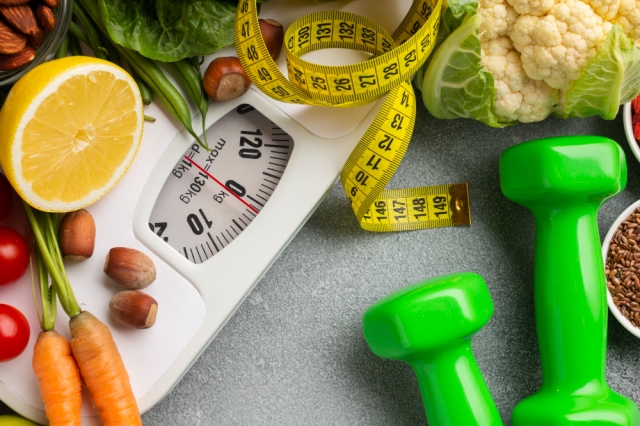Many of us know the importance of having a healthy, balanced diet and the benefits that eating well can have on your physical and mental health. However, that doesn’t necessarily mean that it’s always easy to make healthy food choices.
When you’re looking at changing your diet, it can often feel quite overwhelming, to begin with, but it doesn’t have to be daunting. Here are some helpful tips to help you change your diet and make healthier choices in the new year.
What is ‘Clean Eating’?
One of the terms you may hear a lot when looking into healthy diets is ‘clean eating’ but what does this actually mean in practice? Some people will say that eating clean requires you to cut out several food groups from your diet, such as dairy, for example, whereas others recognise that eating well is all about balance and that you can have a healthy, varied diet without being overly restrictive.
Fundamentally, eating clean is about embracing unprocessed foods, i.e. whole foods like fruits and vegetables along with wholegrains and healthy proteins, while avoiding or cutting back on the foods we all know aren’t good for us, such as processed convenience foods, fatty fast foods and food that is high in sugar.
Why Do Some People Struggle to Eat Healthily?
There are lots of reasons why a person might struggle to stick to a healthy diet. For one thing, thinking of healthier food choices as ‘a diet’ or being overly restrictive has been shown to backfire as most of us can only sustain drastic changes to our diet in the short term and are likely to quickly fall back into old habits.
There are also lots of psychological factors to consider too. Though we’re often encouraged to think of food as fuel by doing so, we ignore the fact that for most people, food also performs other functions too. For example, we may use it for comfort when we’re feeling unwell or to celebrate when we have good news. Eating can also be a social activity, allowing us to spend quality time with loved ones. Some people also find they’re emotional eaters, using food to help them manage difficult feelings.
When people are trying to eat healthy in order to lose weight, it can often be easy to slip into an ‘all or nothing’ mentality, whereby if they have a bad day and don’t make healthy choices, they can see it as pointless continuing to try, making it easy to slide into self-sabotage.
How Can You Stick to a Diet Long-Term?
Fortunately, if you’re trying to eat healthier, there are some things you can do to make the process easier and increase your odds of making changes that will stick.
For one thing, it’s important not to go to extremes. Crash dieting is harmful to health and also unsuccessful long-term. Avoid thinking that your diet has to be healthy 100% of the time and instead focus on small, sustainable changes that you’re more likely to be able to stick to. Cut back on processed foods that are high in sugar or high in fat and try to increase the number of whole foods in your diet. However, don’t make the mistake of making any particular foods or food groups off-limits as this will only make you crave them more.
Get creative about the types of meals you make and the ingredients you use, as if you make your new food choices more interesting, you’ll feel more motivated to continue with them. Even if you’re new to cooking from scratch, there are lots of simple recipes you can follow and all you’ll need is some basic kitchenware like induction pan sets and cooking utensils and you can create some tasty, satisfying dishes that will make eating healthy a doddle.






